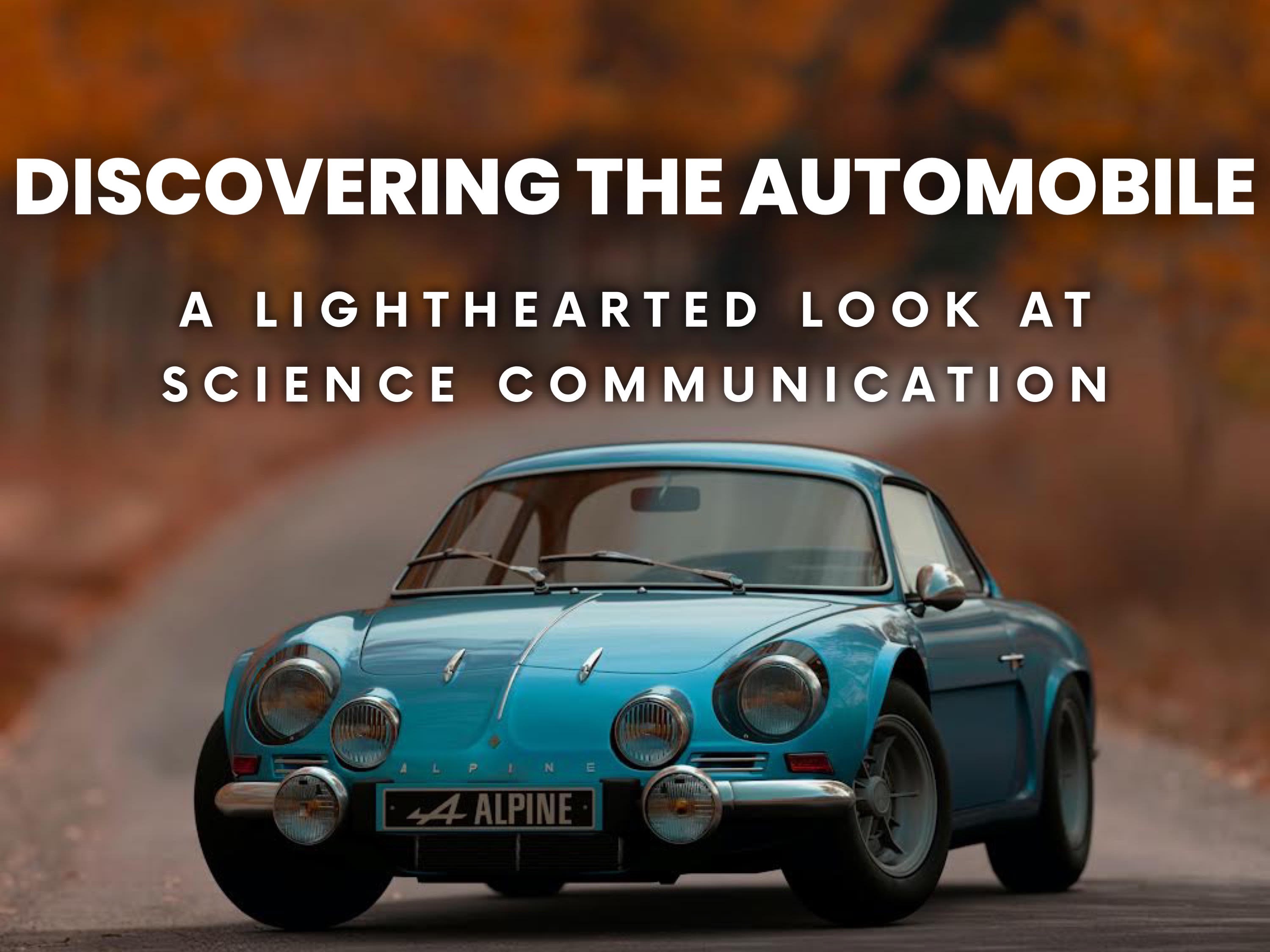As a scientist, one question I sporadically get asked by non-scientists is: “So why do you find it necessary to use such jargon filled language that no one else can understand?” This is often followed by: “Is it a secret code? Is it some sort of secret society ritual? Is there hazing involved?”
I usually give the same stock reply to these inquiries: "Very funny Dad, now shut up and hit your golf ball."
But lately I've been thinking about different ways to explain the need for scientific “jargon”. I've found that analogies work the best. One useful analogy is that of a different planet. If you found new geological features on this new planet that didn’t correspond to ones on Earth, you'd have to invent new names for them. You wouldn’t call them mountains and rivers if they weren’t really the same. This analogy doesn't go very far with the average golfer, however, who will immediately ask, “Are there sand traps on this planet? What about water hazards?”
So recently I've moved on to the analogy of the automobile. Manmade machines, no matter how complex, are easier to understand than bio-molecular machinery, simply because people built them, and people aren’t yet anywhere nearly as smart as nature is. Imagine if we had discovered the automobile, instead of inventing it. Go a step further and imagine that automobiles were sub-microscopic, so that we could only learn about them incrementally, and that sometimes years of experimentation was required in order to take baby steps forward.
If we'd never seen an automobile before, what might we call it? Start with the descriptive and you might get a metallic quadrawheel, or QW for short. Topological analysis of different QWs would yield an intriguing variety of rectangular, semi-trapezoidal, and elliptical shapes and colors. Researchers who discover either very rare or very common QW species would win places of high esteem in the field, such as Dr. T. Prius or Dr. E. L. Camino. There might be several competing taxonomies (classifications) of QW morphologies (shapes). Some scientists would even suggest that QWs are not all quadrawheeled, and would posit the existence of dual-wheeled metalloids or DWs (motorcycles). Others would dismiss DWs as just being degraded or incomplete QWs, since many DWs don't seem to go very far without crashing, and so they must be defective in some way.
As analytical methodology improved, new details would emerge. Researchers would discover that the outer surfaces of QWs have both clear panels and opaque panels (window and body panels). Occasionally the clear panels seem to disappear, so they must retreat into internal storage pockets, or storasomes. Intriguingly, the extreme anterior and extreme posterior clear panels (the front and rear windshields) never seem to retract, hence they might be named the permanent polar clear panels, or PPCPs.
Deeper investigation will reveal the large interior cavity or vacuole of the QW. So named since it appears to be mostly empty space, the vacuole also contains several angularly shaped soft protuberances or pilli (i.e. car seats). These vacuolar pilli would be found to have two major morphologies: smooth-shell or follicated-shell (leather or plush).
Pity the poor scientist who first looks under the hood: or the large anterior opaque panel. Pity you say?!? Won't this scientist be honored and revered as the founder of the field of study of the large anterior hypervibrational core element (the engine)? Well, in time, perhaps. In twenty years they might even win a Nobel for their paradigm shattering work, if they stay sane through the emotional stress of being labeled a complete kook during the intervening years.
Quadrawheel Researcher #1: "Did you see Dr. Kook's latest paper on this hypothetical large anterior hypervibrational core element? There is absolutely nothing underneath the large anterior opaque panel -- everyone in the field knows that."
Quadrawheel Researcher #2: "Yeah, Dr. Kook is probably just jealous about being scooped on the discovery of the vacuolar pilli – and is imagining this new component in a desperate attempt to stay relevant."
And so on. Sometime I can play this analogy out for several minutes, if I don’t pause too long for breath. It sometimes gets a few laughs, and an “Alright, alright, I get the picture, sometimes you need new words to describe new things.” But every once in a while it will elicit a more personal response, such as: “Very funny son, now shut up and hit your golf ball.”

